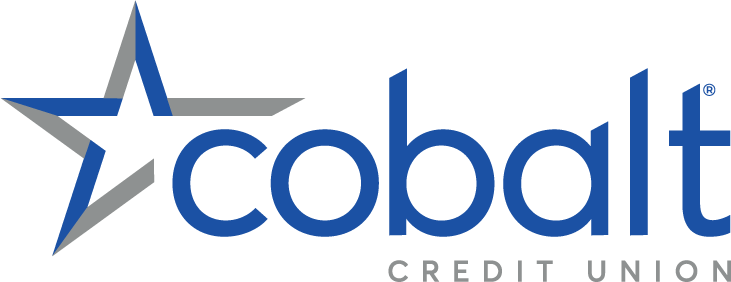
Nothing is more important than the security of your assets and personal information. We’ve compiled resources to help you learn more about common scams, identify legitimate fraud alerts and prevent identity theft.
Report Fraud on Your Account
Contact Center: 402.292.8000
Toll-Free: 800.228.0392
Contact us through Video Banking
Report a Lost or Stolen Debit Card after hours
800.554.8969
Report a Lost or Stolen Credit Card after hours
Cobalt Consumer Card: 800.558.3424
Cobalt Business Card: 866.552.8855

